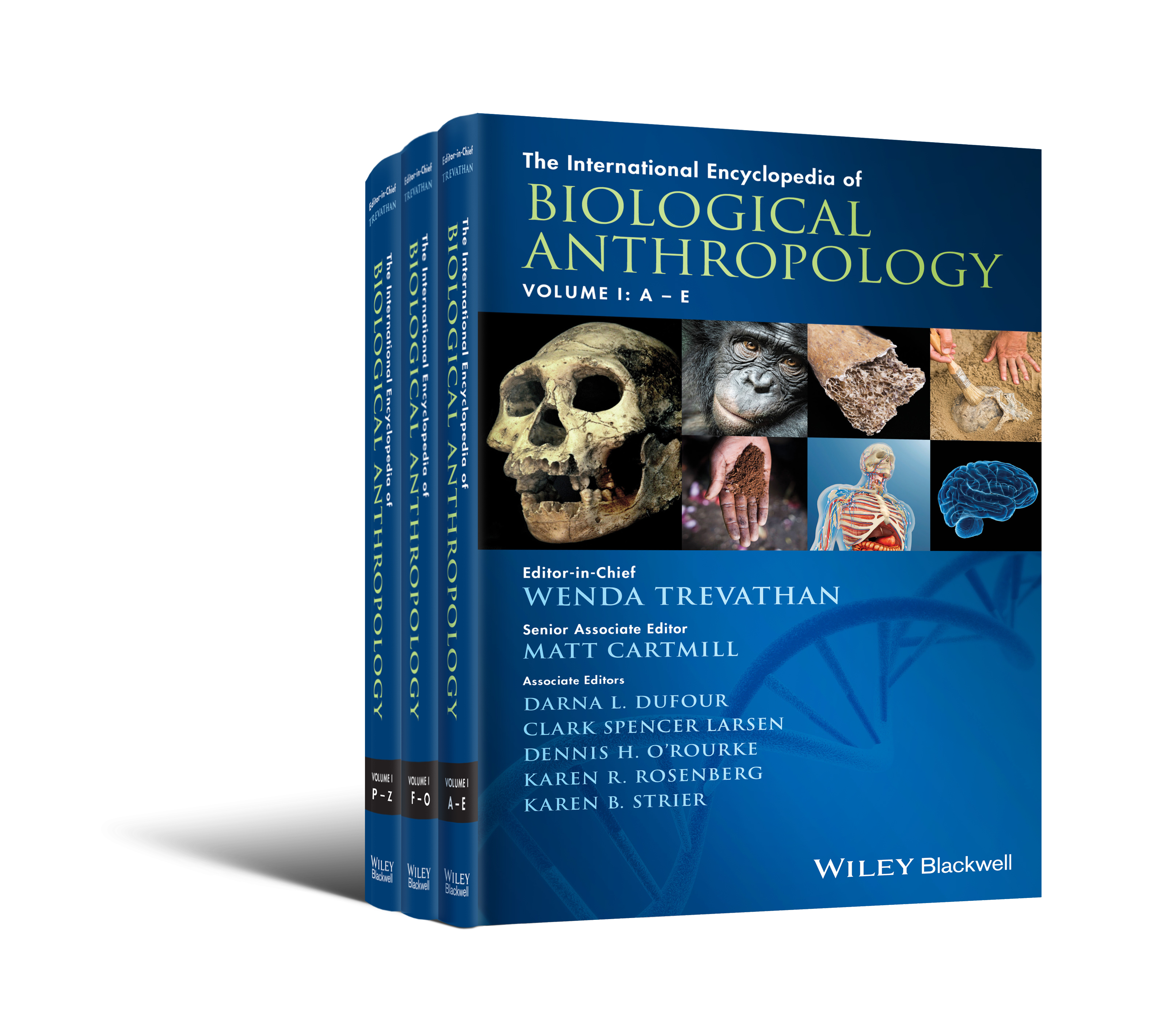Alloparental behavior
Abstract
Alloparental care is defined as care provided to offspring by individuals other than the parents. There are different types of care that other group members may provide to infants, but the main types studied have been carrying, nursing, and food sharing. Alloparental care takes one of the most extreme expressions among the cooperative breeding systems present in several species of mammals and birds. Several hypotheses have been proposed to explain why individuals that are not genetic parents to offspring sometimes care for them. On the one hand, alloparental care may arise through a mother's tolerance of others caring for her offspring; but allocare givers also must have some existing motivation or attraction to others' infants. Potential benefits to allocare providers include the acquisition of maternal skills, the possibility of gaining a reproductive position or gaining increased access to potential mates, and improving one's own inclusive fitness.



